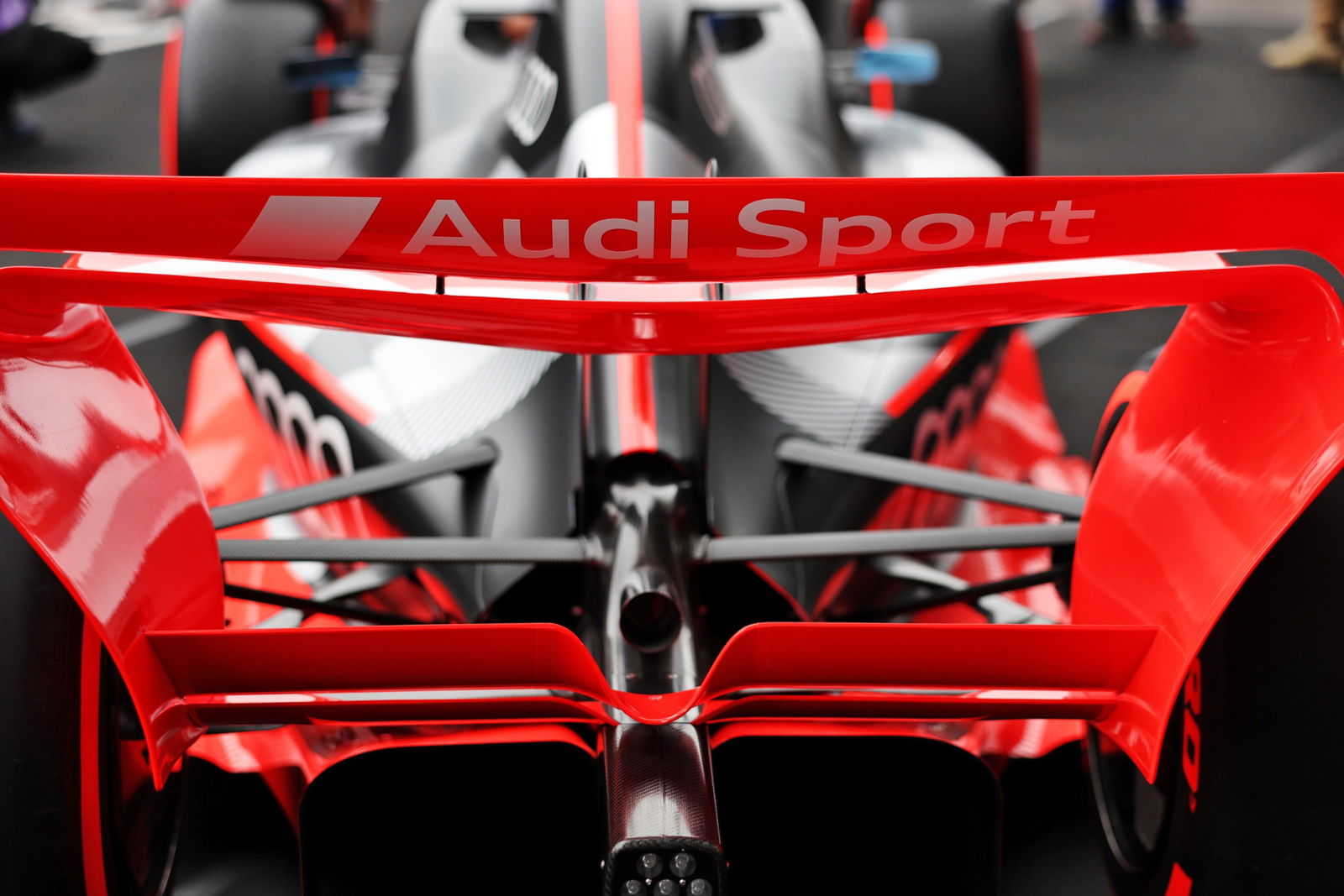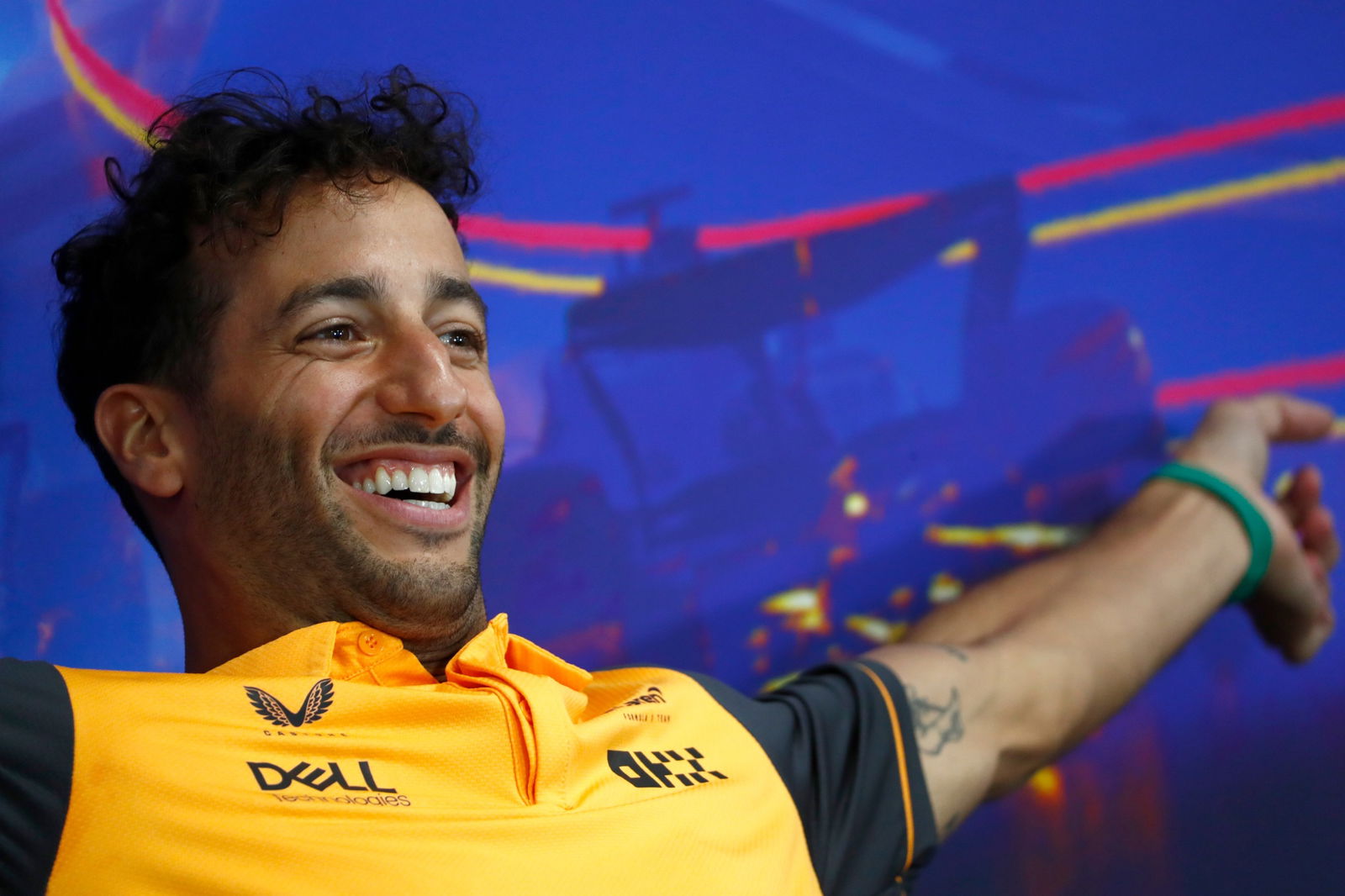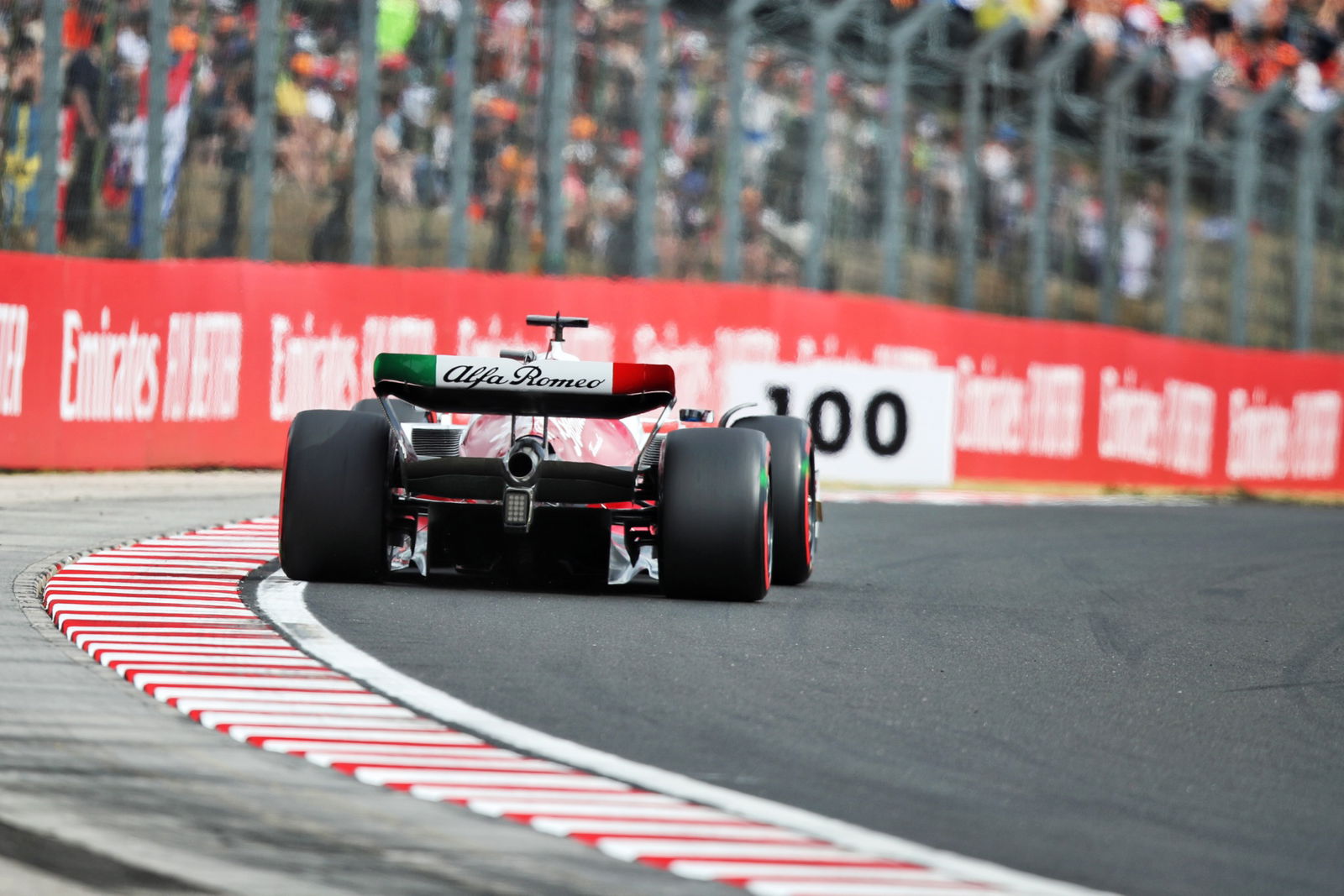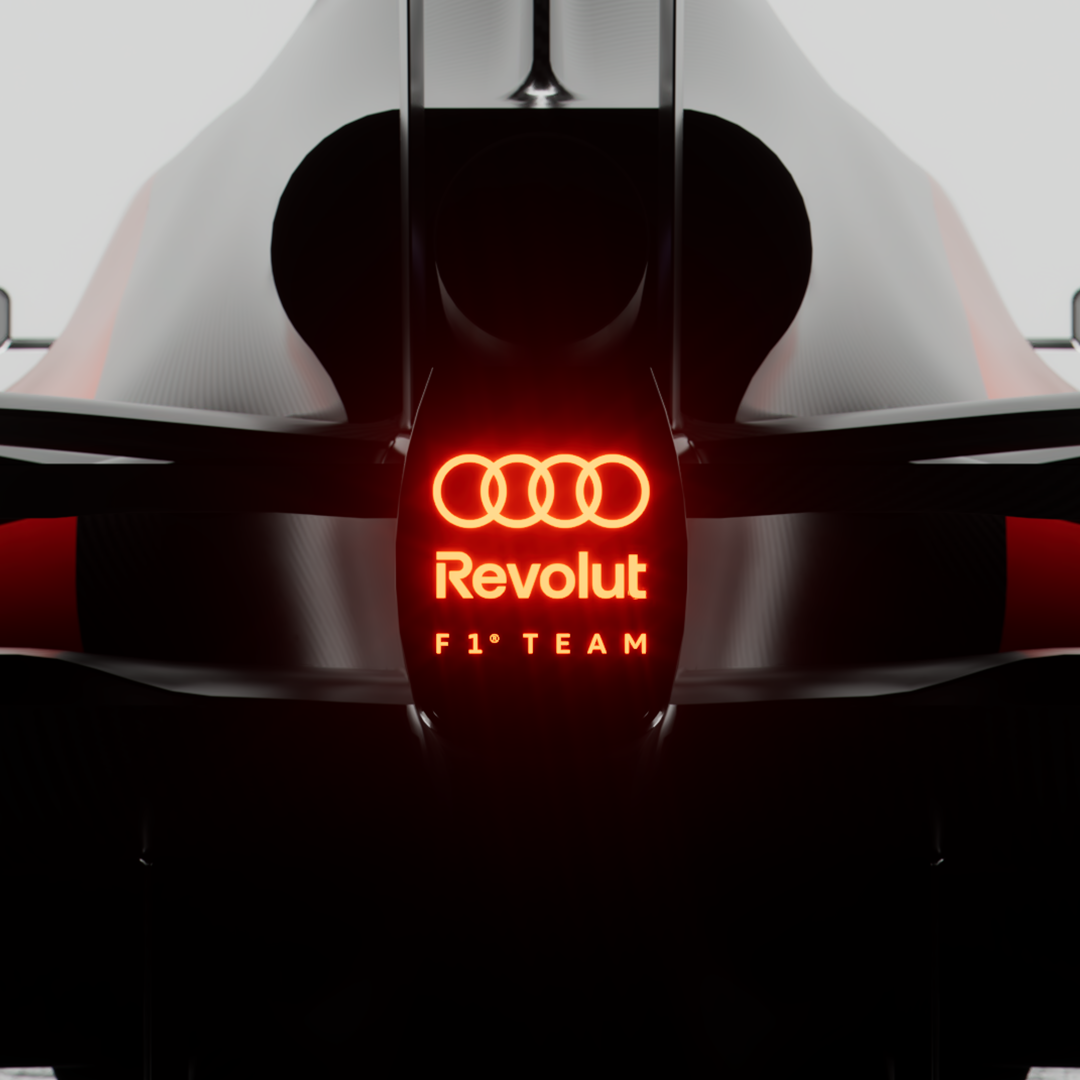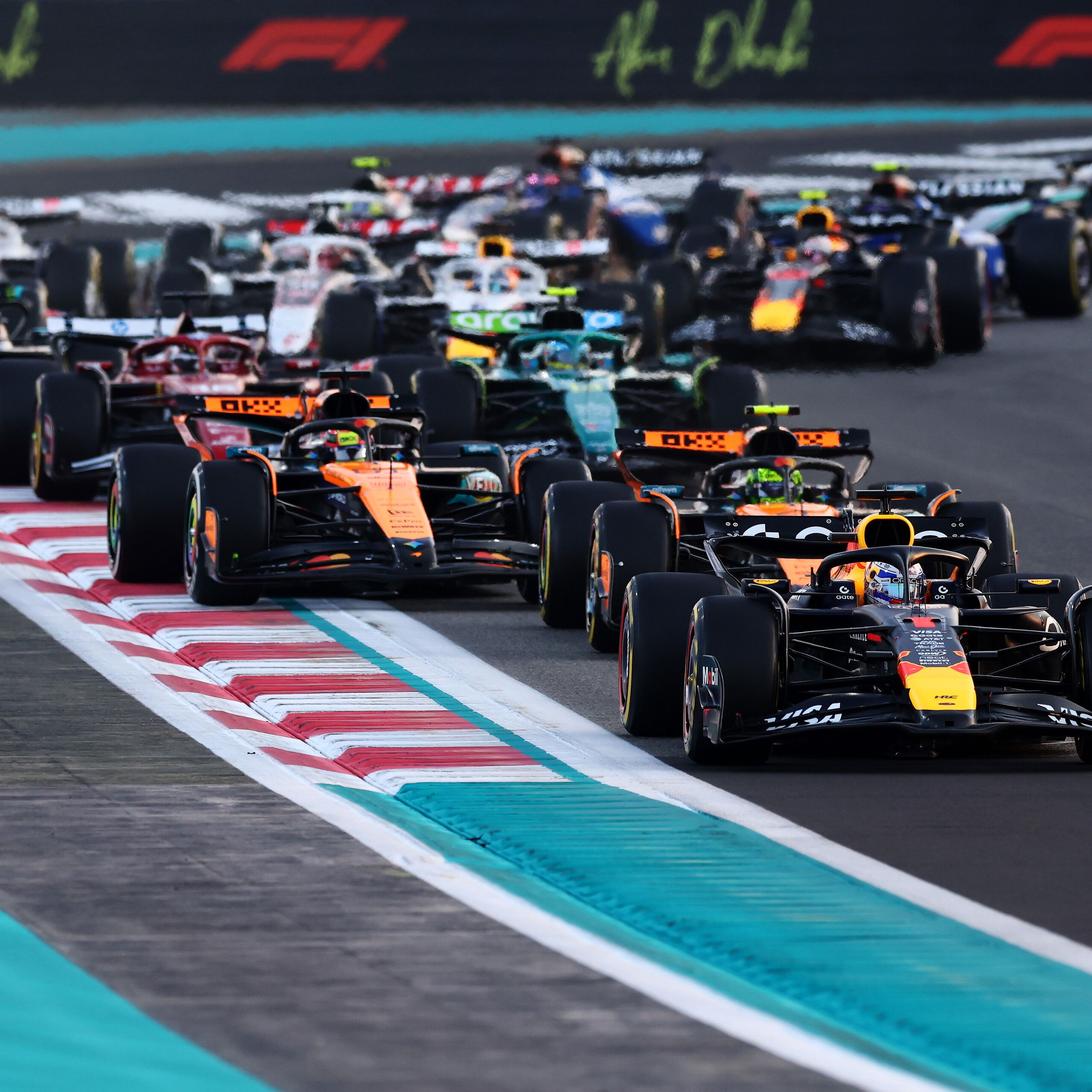Audi want German driver for 2026 F1 entry - could it be Mick Schumacher?

It was announced on Friday that the German car giant had officially registered as a power unit manufacturer in F1 and will join the world championship when the next-generation engine regulations come into effect in 2026.
Audi did not reveal which team it will partner with, but it is expected to buy a majority stake in Sauber, who are currently competing as Alfa Romeo.
Markus Duesmann, chairman of the Audi board, said such plans would be confirmed by the end of the year, ahead of the 2023 season. Duesmann also said Audi would like to have a German driver.
Sebastian Vettel’s retirement at the end of the year will leave Mick Schumacher as the sole-remaining German on the F1 grid, while the German Grand Prix was last held in 2019.
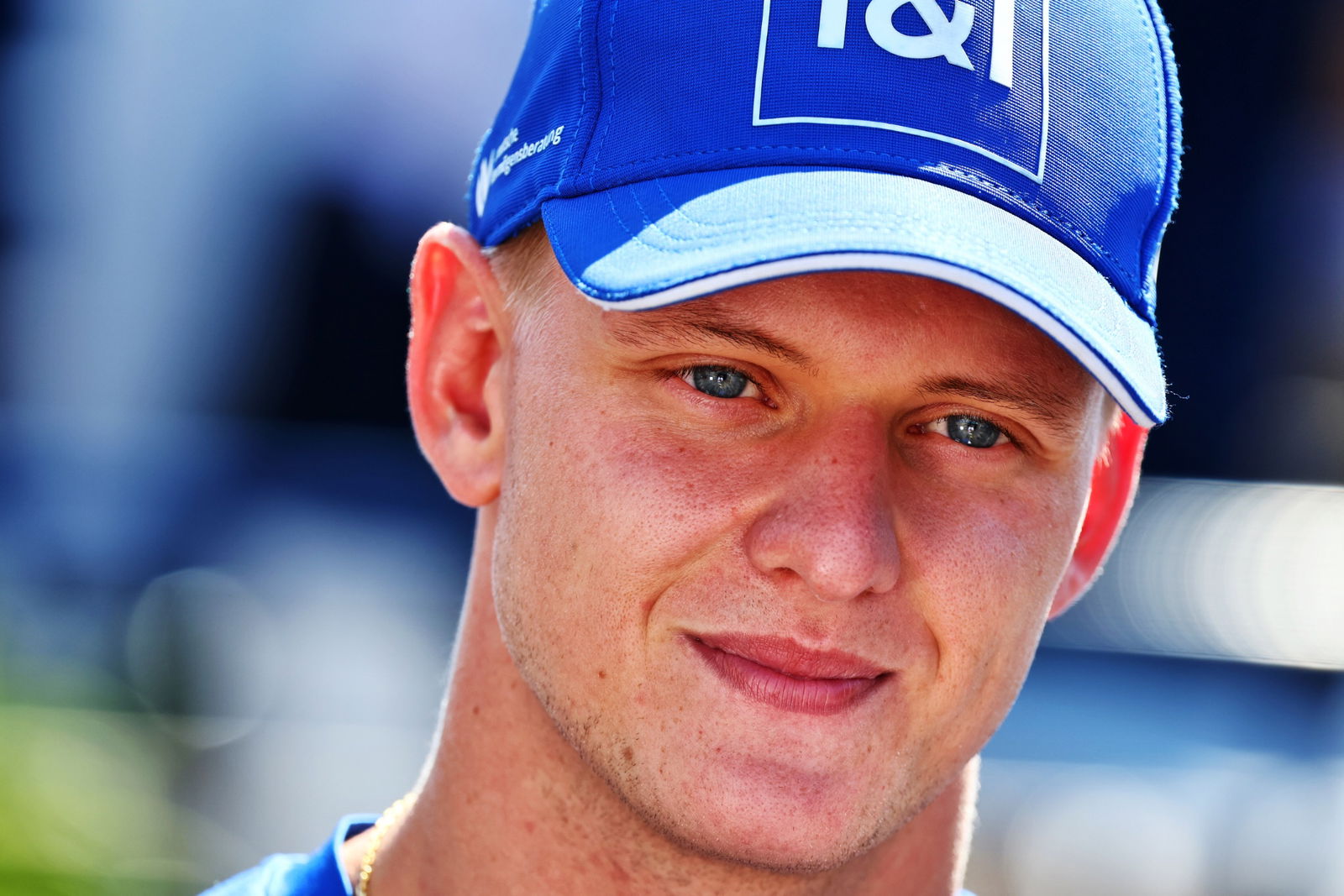
“Certainly we haven’t decided on a team so we haven’t decided on drivers. We hope we will have a German driver and we hope we will have a German race. That’s all I can say.”
Duesmann, who stressed Audi is committed to F1 for the “long-term”, added: “The long lead is the powertrain so we had to decide on the power unit and that’s what we announced today.
“The decision on the team we will do within this year and depending on the team it will be a different way of engagement from our side, so we haven’t decided how the team will look like, but we will inform you as soon as possible.”
Audi expect to be ‘very competitive’ in three years
Duesmann said Audi expect to be “very competitive” within three years of entering F1.
Asked if Audi is targeting wins from the off, he replied: “I feel that’s not realistic.
“That would be ideal, but we certainly have a plan internally what we want to do. But ideally within the first three years we should be very competitive.”
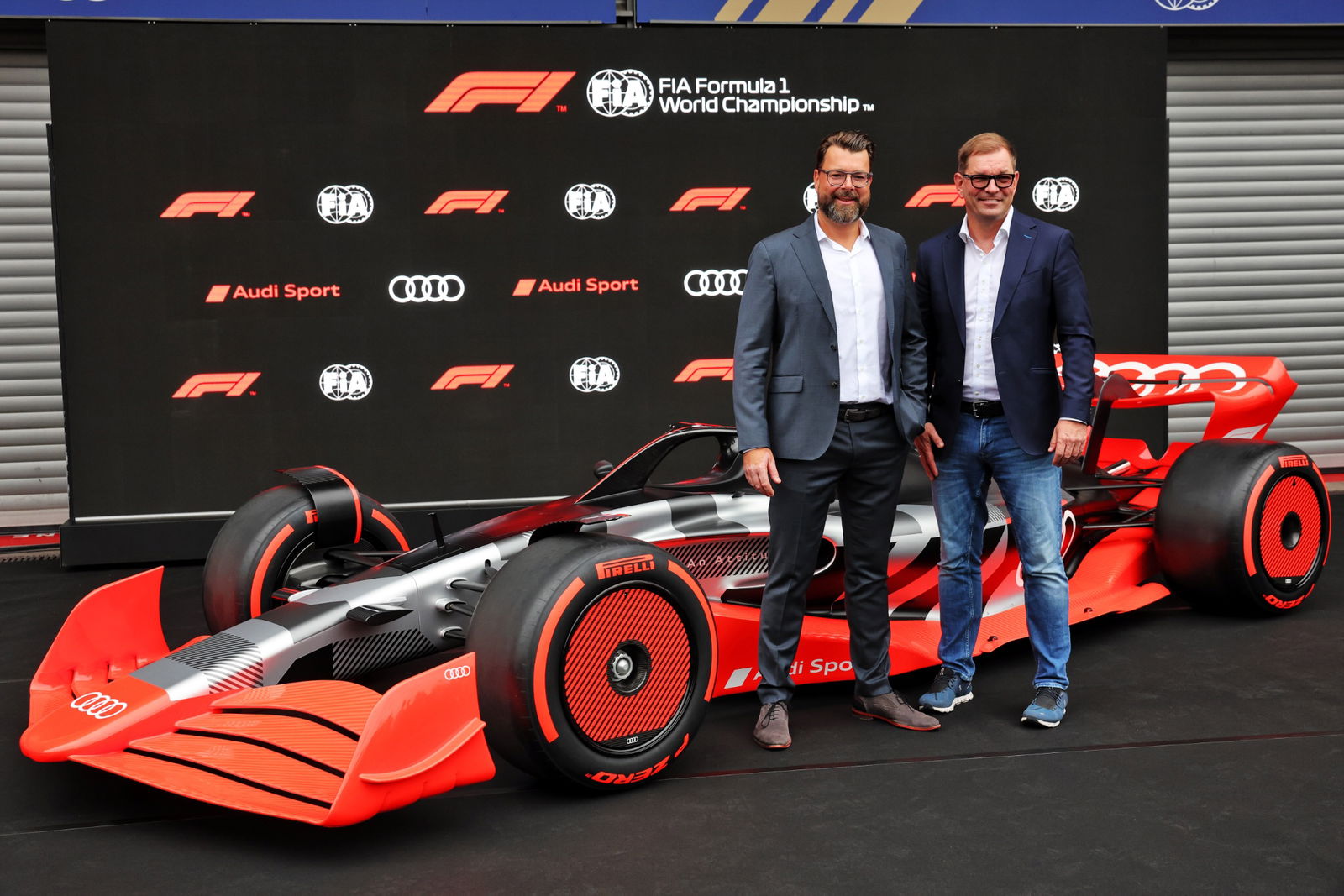
Audi is expected to be joined on the F1 grid in 2026 by fellow Volkswagen brand Porsche, who are set to enter via an engine collaboration with Red Bull.
The two operations would be entirely separate, with Audi’s PU project housed in Germany, and Porsche’s in the UK.
“You can imagine that was a huge discussion, but we decided - both our brands have a lot of fans, and both our brands have their special character, and that’s why we decided to keep it completely separate and do two operations,” Duesmann explained.
“Several reasons, several different teams. The power train has to be designed special for the chassis, and that’s why we decided to split it, as we will have completely different chassis, so completely different power trains.”
Oliver Hoffman, Audi member of the board of management for technical development, added: “To meet the timetable, the power train and the chassis, cost time to make it in two cars, so [it will be] completely different operations, and the integration work we will do by ourselves.”
